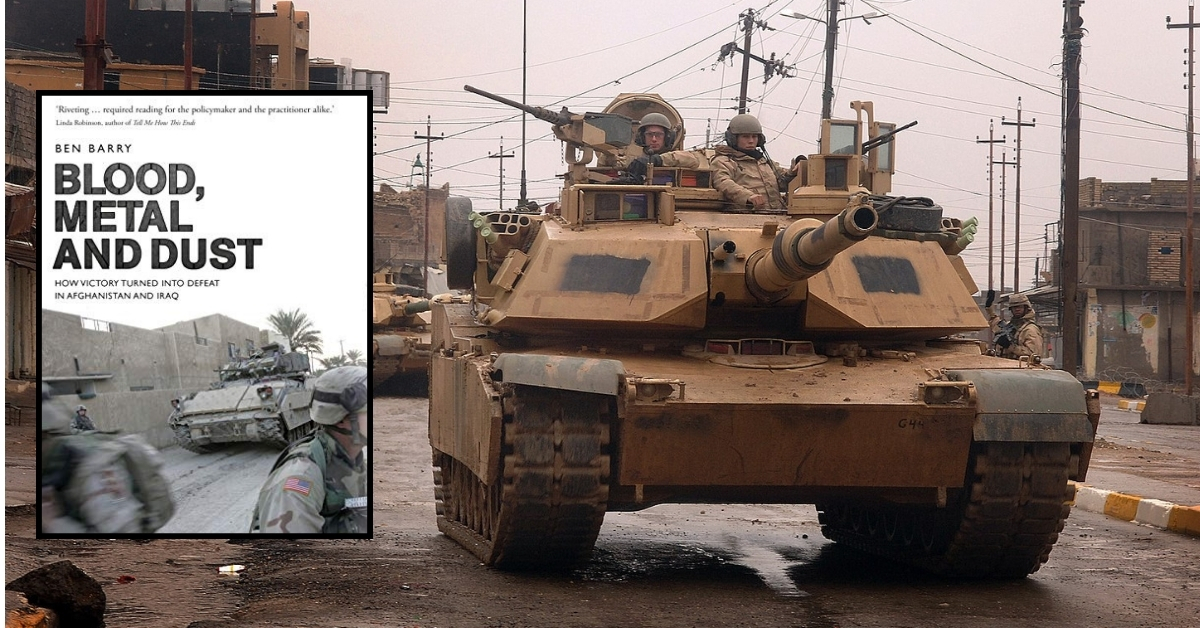A friend of my son didn’t enjoy what we might call an optimal life and he was keen on a military career to create a change. He became a very enthusiastic reservist and the role invigorated him. It came to pass that he did a tour of Afghanistan and such was his experience that he elected to join up full-time. If this counts as a success, there is much, much more about the involvement of the United States and it’s allies in that unfortunate country that must be considered as anything but a success.
We don’t do modern politics at WHO and happily author Ben Barry limits his analysis of it as much as he can to centre on the issue of the conflicts fought by Britain, the US and their friends in Iraq and Afghanistan. This is no spoiler alert, but there is no happy ending. You won’t come away stirring with pride at the performance of leading politicians or a number of senior military figures.
It goes without saying that admiration for the people on the ground who were at the sharp end is a different matter altogether. This latter group are a constant presence in this book, soldiers, airmen, aid workers, medics and the countless innocents. But as much as they are present, the book deals more with the decision makers and their strategy, along with the implementation of policy and tactics. We are drawn to understanding the reasoning behind the 2003 Iraq War and it’s near two decades of consequences alongside events in Afghanistan.
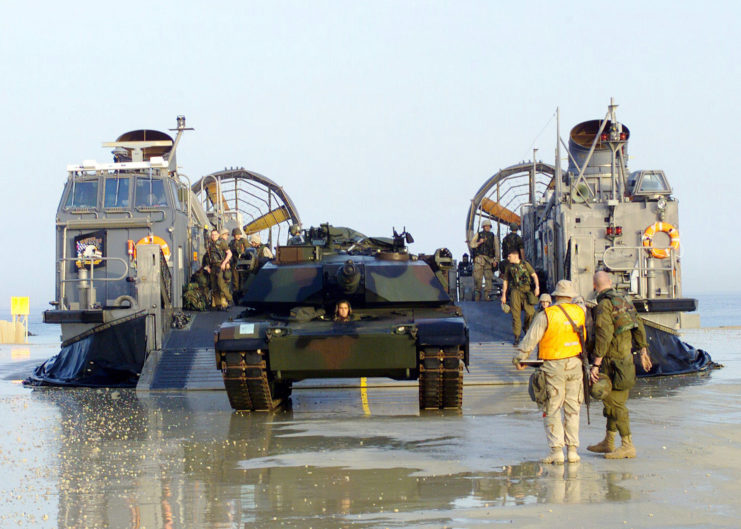
In the case of the latter, the strategy seemed straightforward – the destruction of the powerbase of Al Qaeda following 9/11. But, there is always a but, isn’t there? The conflict in Afghanistan proved to be far more nuanced and intensely complicated than the politicians expected.
In Iraq it was about regime change and the spectre of WMD. This is not the place to discuss the rights and wrongs of the decision to overthrow Saddam and his henchmen, but this book will take us through the agony of the invasion and the succession of tragedies that followed.
Mr Barry spares no one from the intense spotlight of his examination. He flags up the successes and the things to take some positivity from. However, there appears to be very little of this on the face of it and much of this book deals with failure on many levels. The failure to understand the dynamics of the countries these conflicts were fought over. The failure to provide adequate resources for the armed forces and agencies involved. Worst of all, the failure to ensure a positive and lasting outcome to any of it.
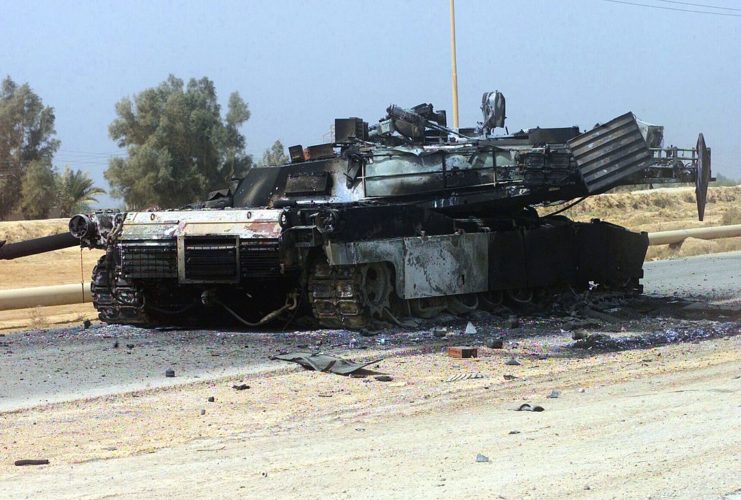
It must come as no surprise that the author places the blame on poor decisions made by the Bush and Blair administrations. He processes through the military and political strategy, the huge operations and campaigns in a matter of fact way. He considers how the wars were fought at every level and introduces militarised words like friction to explain to a primarily civilian audience how that word can carry many meanings.
We learn about the friction in planning, in tactical operations, in relations between the allies and the local populations. He is unsparing in presenting how friction between the allies had a lasting and detrimental impact. He is tough on the causes of friction between soldiers and politicians. He looks at all the other attendant factors – local traditions, sectarianism, tribal affiliations, the drugs trade, organised crime, you name it. One leading soldier described his experience as playing three tiered chess in the dark.
As said, the heart pounding descriptions of combat at the sharp end are left generally to other authors; but we do get glimpses and I was pleased to see the inclusion of the outstanding House to House by David Bellavia during discussion of Fallujah.
Mr Barry explains how often superbly executed fast moving operations in both countries were gradually made ponderous by the need for caution and heavier armour to combat omnipresent IEDs. How frustrating this must have been for marines and airborne troops imbued with the rapidity of the light infantry ethos. We learn about the isolated platoon houses and operating bases under siege. This is sphincter twitching stuff even from the author’s chosen position of observation.
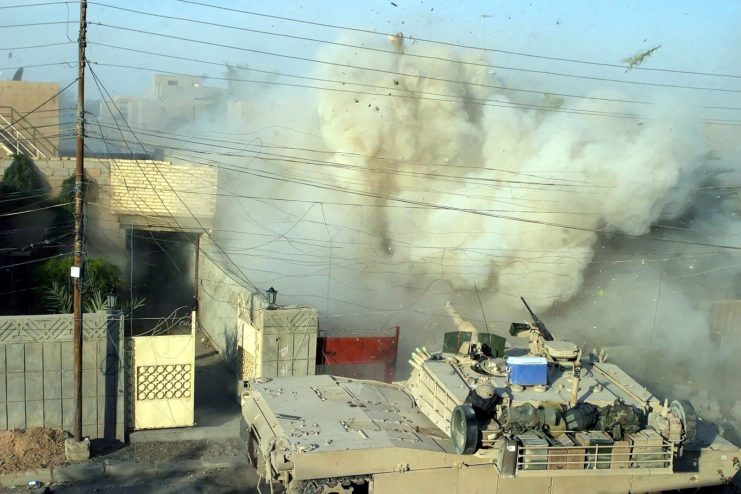
My Barry employs a dry, quite laconic style in his prose and I briefly imagined the audio version of this book being narrated by Chevy Chase or Bill Murray. But this isn’t about playing for laughs. This is intensely serious stuff and the book is all about drawing lessons. Education comes first and last. We know how the two conflicts were intertwined and we understand the many negative and unintended consequences exemplified by the creation of ISIS and the growth in regional dominance of Iran.
Learning how political failure in London led to serious difficulties for the British military did not make happy reading for me; but there are no winners here. Involvement in Afghanistan and Iraq became an unholy mess for the United States and it’s friends. The inherent sadness is what this meant for ordinary Afghans and Iraqis. The on going official enquiry into the Manchester Arena suicide bombing of 2017 reminds us about the spectre of Islamist extremism fuelled to a strong extent by mistakes made in Afghanistan and Iraq. There is so much to consider.
We are left with sound advice from the 44th President of the United States, who tells us “Don’t do stupid shit.” Whether you happen to be a car mechanic, a hospital porter, or are in charge of your country’s foreign policy, this is advice to take with you every day. I am, for the most part, a librarian; but the advice applies as much to me as it does, say, to a strategic military planner preparing a major operation against a foreign state.
While Mr Barry offers a compelling history, it ain’t pretty and I was left rolling my eyes more times than I could count. The telling of this particular audit of war is accomplished with precision and with dispassionate honesty. This book is required reading.
Reviewed by Mark Barnes for War History Online
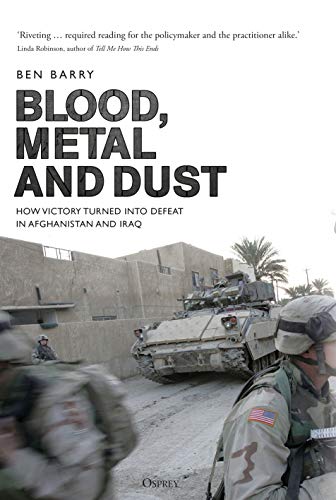
BLOOD, METAL AND DUST
How Victory Turned Into Defeat in Afghanistan and Iraq
By Ben Barry
Osprey Publishing
ISBN: 9 781472 831019
